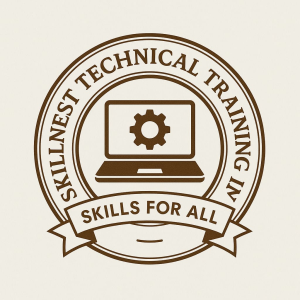
Course Description:
This course provides an introduction to the principles and practices of cybersecurity. It explores key concepts necessary to understand and secure digital information systems. Learners will gain foundational knowledge in protecting computer systems, networks, and data from cyber threats and vulnerabilities.
Main Concepts Covered:
- Introduction to cybersecurity and threat landscape
- Types of cyber attacks (e.g., phishing, malware, ransomware)
- Cryptography basics and data encryption
- Network security fundamentals
- Cybersecurity policies and legal frameworks
- Security risk management and incident response
- Best practices in password security, firewalls, and antivirus software
Course Requirements:
- Access to a computer or laptop with internet connectivity
- Basic computer literacy
- Participation in online discussions and practical exercises
- Completion of all assigned readings and video lectures
Assessment Methods:
- Weekly quizzes and assignments
- Hands-on lab simulations and case studies
- Final written exam
- Group project on real-world Cybersecurity scenarios
Course Facilitators:
- Simon Adaki: Cybersecurity consultant with expertise in network security
- Teacher: Simon Adaki

